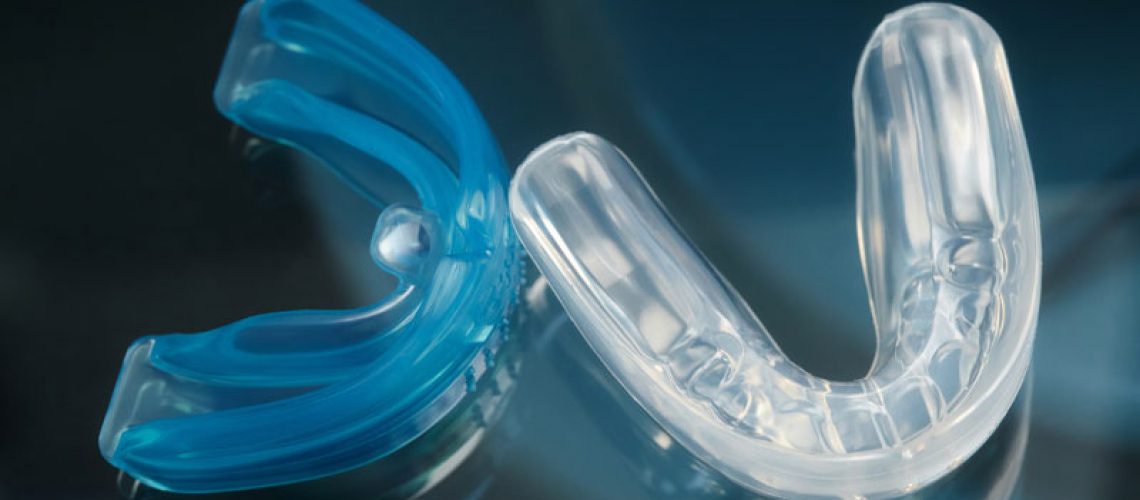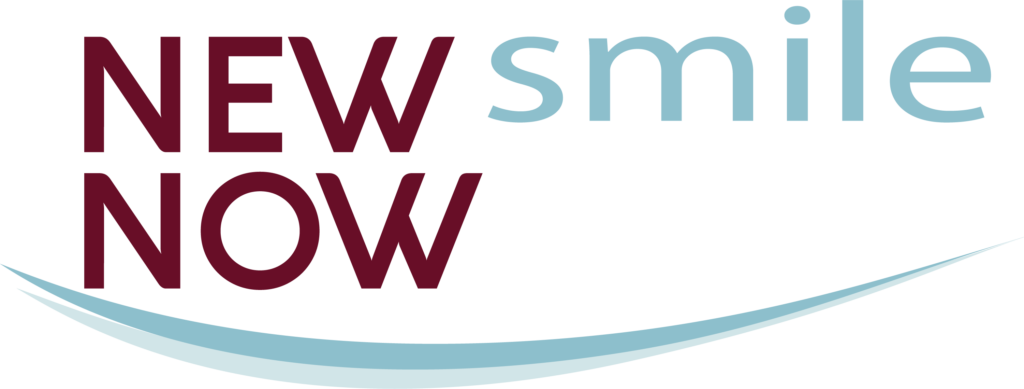Have you ever been chewing something and heard your jaw pop or click? Do you struggle with pain near your ears? You may be one of 10 million Americans who are struggling with TMJ. Temporomandibular joint and muscle disorders (commonly known as TMJ) are disorders affecting the area that connects your jawbone to the rest of your skull. Whilst occasional pain and discomfort can be normal, constant pain is not. Here are some of the symptoms and dangers of chronic TMJ and how you can be treated for TMJ in Greensburg or Mt. Pleasant Pennsylvania.
Common TMJ Symptoms
There are three major different types of TMJ. There is Myofascial pain or pain caused by the movement of the muscles in the region with the joint. There is internal derangement which means the jaw was injured due to some activity causing it to be dislocated and not properly relocated. Finally, there is arthritic pain typically because of rheumatological disease.
Whilst these three disorders would be treated differently, they all share the same or similar symptoms. These symptoms are:
- Pain or tenderness in the jaw or near the ears
- Pain on one or both sides of the jaw
- Aching pain near the ears
- Ringing in the ears (known as tinnitus)
- Difficulty chewing due to pain
- Aching facial pain
- Joint locking, making it difficult to open or close the mouth
TMJ is also known to cause a clicking sound or grinding feeling upon opening of the mouth or while chewing. Clicking or this grinding sensation is not enough to diagnose someone with a TMJ as this condition is characterized by the limitations it imposes caused by pain and restriction.
What if TMJ is Left Untreated?
If left untreated, TMJ can cause a variety of issues to dental health. Whilst rheumatoid arthritis is linked to TMJ, if left on treated one may develop osteoarthritis or arthritis caused by the degradation of the joint.
Another possible issue is caused by chronic grinding and clenching which can slowly wear away at your teeth. Grinding and clenching can cause issues ranging from cavities to gum disease. TMJ may also be a sign of a connective tissue disease which would require further treatment and understanding.
Treating TMJ
Here at The Facial Surgery Center offer a variety of treatments for TMJ disorders. One way we can help is by making a special and custom-fitting mouth guard which works significantly better than drugstore mouthguards. Are mouth guards not only help prevent degradation of the teeth but help alleviate pain caused by clenching.
Another way we can help treat these conditions is by using Occlusal Splints. These are custom made for your mouth and prevent the teeth from the upper jaw from touching the teeth of the lower jaw. This can help realign teeth as well as stabilize and relax the affected muscles and joints. We also provide corrective jaw surgery for advanced TMJ disorders.
Finally, we have a minimally invasive procedure known as Arthrocentesis. This procedure uses needles to flush out developed scar tissue and helps reduce inflammation from the surrounding joints. This helps alleviate pain and allows for a return to normal jaw functionality.
Looking For Treatment?
If you are looking for one of these treatments or want to learn more about these options, Dr. Edward Halusic is ready to assist! For over 30 years, Dr. Halusic has gone above and beyond to provide comforting and quality care to all who come to visit. He even helps teach the next generation of doctors how to perform these procedures with continuing education seminars!
When you are ready for treatment by a veteran in TMJ treatment such as our doctors, Dr. Edward Halusic and Dr. McCloy, call (724) 723-8918 for our office in Greensburg, PA or (724) 723-8921 for our office in Mt. Pleasant, PA. We look forward to hearing from you and scheduling your consultation today!


